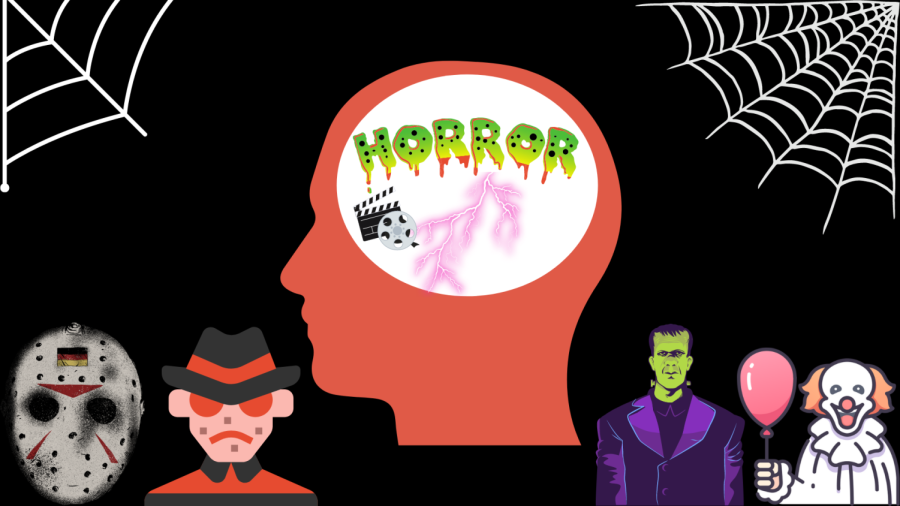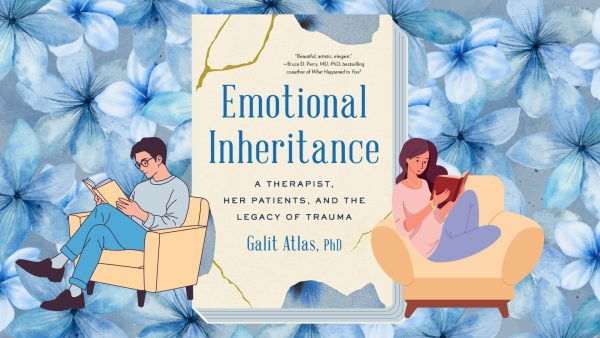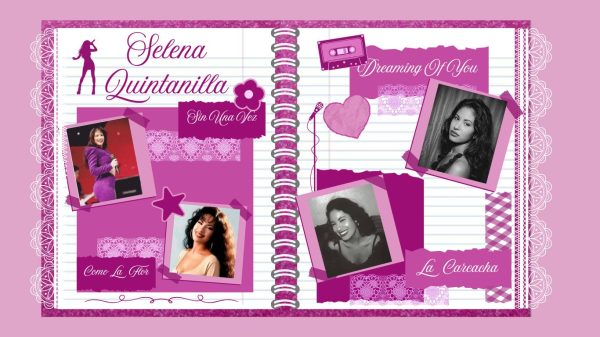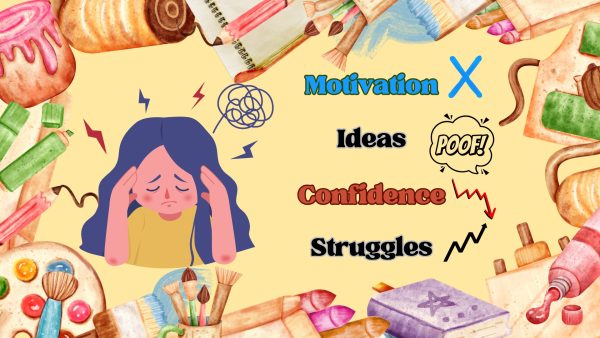The psychology of horror films
April Alvarez (created with Canva)
Horror is a popular film genre that many enjoy watching. Horror movie fans are notoriously known for having an insatiable love for the genre.
Film is a visual art. Compared to other art mediums, film is a work of visual art used to simulate experiences that communicate ideas, stories, perceptions, feelings, beauty, or atmosphere through the use of moving images. These images are generally accompanied by sound, and more rarely, other sensory stimulations. The word “cinema,” short for cinematography, is often used to refer to filmmaking and the film industry, and to the art form that is the result of it. Cinematic film began in Paris, France, in 1895. The origin of horror as a film genre emerged from one of the works by George Mellies. Just a few years after the first filmmakers emerged in the mid-1890s, Mellies created what is widely known as the first horror film ever titled The Haunted Castle (1896). Horror films have evolved in the course of more than 100 years into subgenres such as thriller, zombie, apocalyptic, body horror, psychological horror, slasher, etc. But what makes horror films enticing compared to other film genres? The psychology of horror films and the physiological symptoms that accompany them are what makes horror films so addicting to watch.
Senior Mix W. shares what they enjoy about horror films and why they believe people enjoy them.
“I love horror films. I love the suspense. Horror movies have a storyline that takes the viewer on their own detective trip. It makes you feel something you don’t feel everyday. You don’t feel that adrenaline rush and fear on a daily basis. That’s why I think people like horror films,” they said.
Senior Jesus Garibay had different views on horror films and shared why they believe people enjoy them.
“I don’t like horror movies, they’re just not for me, however, I like the reality of it. It feels real. I believe people enjoy and want to watch more horror movies because of the suspense, it keeps you wanting more. The action and the scary parts are enjoyable to some people,” he said.
Psychologist Glenn D. Walters identified three primary factors that feed the attraction to horror entertainment. The first is tension, which producers and directors create by including elements of mystery, suspense, gore, terror, and shock. The next factor is relevance. Horror films draw from this factor by establishing elements that viewers will identify with. This often means universal relevance, which plays on the psychology of fear of death and the unknown, or cultural relevance of social issues. Walters says that viewers also experience personal relevance, as they identify with the protagonist or condemn the antagonist. The last factor Walters identifies is unrealism. Movies and TV shows use certain camera angles, soundtracks, and even humor to send cues that remind viewers that what they are watching is intended to entertain.
Horror films have a variety of elements that are incorporated into the movie genre. For some people, fear is a staple emotion caused by horror films. By its definition, Fear is a “negative emotion that comes about when people are under siege or threat,” said professor Glenn Sparks.
At its core, horror is about fear. Survival is innate to us. Programmed into our autonomic nervous system are two responses: the “fight or flight” (sympathetic response) and “rest or digest” (parasympathetic response). Think of them as a “balancing act” to either amp us up or relax us with physiological changes in the brain and body. It’s a survival mechanism. This along with our brains placing a greater emphasis on narratives with emotional resonance are why horror is thrilling, memorable, and has prevailed for so long.
Ultimately, the horror art form contains many elements that are unique to the genre, no matter if you love it or hate it. Many elements that include psychological tactics can cause physiological affects in viewers. This can cause them have an insatiable desire to watch horror films.
“What’s your favorite scary movie?”






































